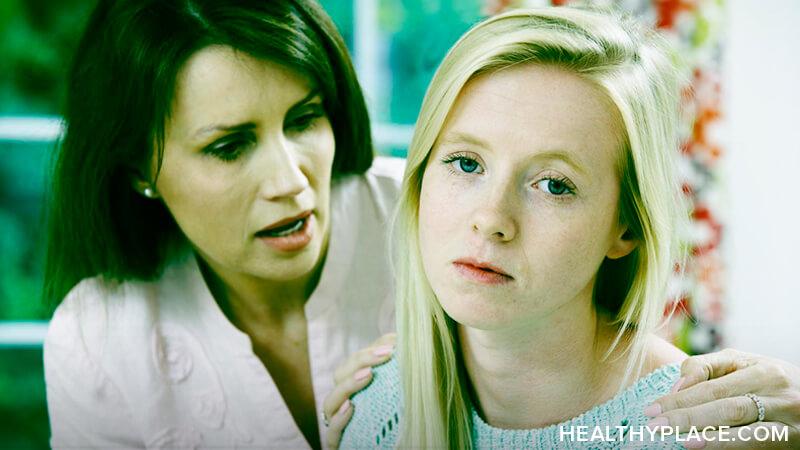Fighting the Stigma of Depression

Although our society has come a long way in the treatment and perception of mental illness, there’s no doubt that stigmas surrounding these illnesses are still alive and well. Societal stigma can lead to self-stigma, and both can be very damaging to people with depression. Here we'll discuss common stigmas about depression, why they're problematic, and what you can do to fight them.
Why Stigma Is Dangerous to People with Depression
Due to stigma, depressed people are often seen as “lazy” or “not trying” rather than ill. I once read an article that, to my shock and dismay, asserted that depressed people don’t need medication; they just need to buy a pair of running shoes and get outside more.
On the one hand, it’s understandable that people without depression can’t imagine how debilitating it is. But hearing their misconceptions while you’re suffering from depression can be extremely damaging. It can make you blame yourself for your mental health struggle, thinking it’s the result of a personality flaw rather than a disease.
Imagine if someone with an ear infection had the same mindset. “This isn’t really a problem. I don’t need antibiotics; I just need to try to be a better person.”
They could “try” until they went deaf, and the infection would still be there. But due to the intangible nature of mental illness, our society struggles to see it for what it is: an illness.
How to Fight the Stigma of Depression
When I hear people perpetuating myths and stereotypes about depression, I remind myself that it’s an illness, just like an ear infection or fibromyalgia. This reminds me that my condition is not my fault, not a reflection of who I am as a person, and nothing to be ashamed of.
Seeing my depression as a disease rather than a personality flaw helps it feel less murky and more tangible. Diseases can be treated. I can learn about what causes them and what alleviates them. I can’t change who I am as a person, but I can arm myself with tools to cope with my disease.
Another thing you can do to fight depression stigma is to talk about your mental illness. The more we bottle up our feelings, the more we—and others—see them as something to be ashamed of. Talking openly about depression, on the other hand, helps normalize it.
Of course, talking about depression is easier said than done. It used to be very difficult for me until I started therapy years ago and learned how talking made me feel better. Now, I challenge myself to stay open about my feelings.
As I’ve grown and learned more about depression stigma, I’ve also become more comfortable speaking up against it. When an acquaintance expressed some misguided opinions on suicide, I gently reminded him that suicide is not the same as euthanasia. When a coworker struggled to understand the difference between depression and laziness, I told him that I have depression and tried to explain what it feels like.
Did I get through to these people? I don’t know. But I like to think that many people who perpetuate depression stigma have the capacity for compassion and understanding—they just need to learn more about mental illness and the people it affects.
APA Reference
Craft, R.
(2023, May 3). Fighting the Stigma of Depression, HealthyPlace. Retrieved
on 2026, March 4 from https://www.healthyplace.com/blogs/copingwithdepression/2023/5/fighting-the-stigma-of-depression
